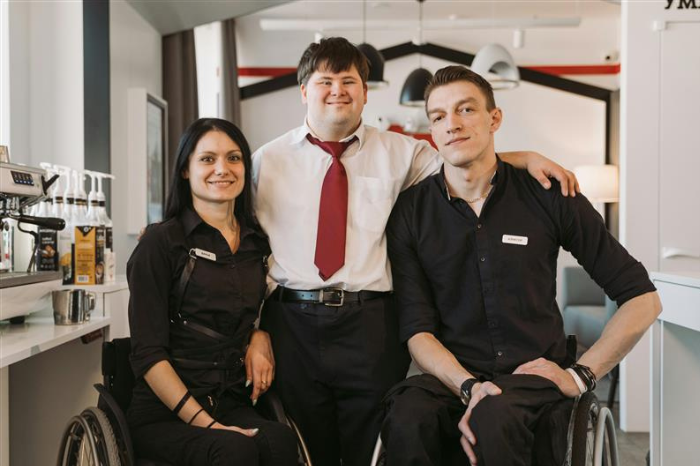
There are three types of support budgets that may appear in your NDIS plan: core, capacity building and capital supports. Your NDIS planner will tailor your NDIS plan with support budget categories and funding connected to achieving your goals and supporting you in your day-to-day life.
The core supports budget is funding to support all your assistance with day-to-day tasks that relate to your plan and life goals. Your core funding is where all your carer, support worker, cleaning and other regular expenses will be paid from. The core budget is often flexible across the four support budget categories meaning you can choose to spend your funding interchangeably between them. For example, you may want to spend more of your total core funding on continence products and less on your transport expenses. The four budget support categories under core support are:
Name on NDIS portal – “Daily Activities”. This budget will cover all your expenses related to assisting you to undertake daily tasks. This could include:
Funding to cover transport expenses related to the impact of your disability, such as:
Funding to pay for everyday items and low risk/low cost products, like:
Name on NDIS portal – “Social, community and civic participation”. Covers cost to access and participate in the community, such as:
The capital supports budget pays for products to reduce the impact of your disability. These budgets are not very flexible and usually cover specific items which were discussed in your planning meeting and have been approved in your plan by the National Disability Insurance Agency.
Specialised technology or equipment, like a smart device, wheelchair, or app.
Funding for modifications to be made to your home to make it easier for to live your everyday life where your disability creates barriers. This may include modifications to your kitchen or bathroom equipment.
The capacity building supports budget is funding specifically allocated to assist you to build your skills and achieve your goals.
A support coordinator can be claimed from this budget. Support coordinators help you put your plan in action and organise your supports. They can assist you to build connections with the community and broader systems of support; develop and design support options to help you work towards your goals; and work with you to prepare for review and report on what you’ve achieved.
Name on NDIS portal – “CB Home Living”. This funding is for help for you to find suitable accommodation to live more independently, and could cover someone to assist you with inspecting properties or negotiating your contract. Supports may including assistance with applying for a rental property, meeting tenancy obligations and ensuring the home is appropriate for your needs.
Name on NDIS portal – “CB Social Community and Civic Participation”. This is to pay for support to help you build your skills in accessing the community. This may include funding a mentor or therapist to assist with learning skills for independence in the community.
This category of funding can be used to pay for tuition fees, art classes, sports coaching and similar activities that build skills and independence. You can use this category to pay for camps, classes and vacation activities that have capacity-building components. Activity based transport is also included.
Name on NDIS portal – “CB Employment”. Funding to support you to find a job and have assistance in your work. This budget can pay for a support worker to assist you at your job or helping you to find a job that’s right for you, including:
Name on NDIS portal – “CB Relationships”. Supports to help build your skills to connect and build relationships in your community. This could include funding to pay for someone to help you build your social skills or behavioural therapy services.
Name on NDIS portal – “CB Health and Wellbeing”. Services that improve your health and wellbeing, like a personal trainer, exercise physiologist or dietitian to improve your skills in maintain your own health and wellbeing.
Name on NDIS portal – “CB Lifelong Learning”. Access to services that will help you to transition from school to further education. This budget could fund a support worker to help you to go to university or TAFE.
Name on NDIS portal – “CB Choice and Control”. This budget pays for your plan manager.
Name on NDIS portal – “CB Daily Activity”. Funding to cover your therapies and other programs to build your capacity to reduce the impact of your disability. This could be a physiotherapist, speech pathology, OT or any other therapy that assists you to become more independent with your daily living tasks.


